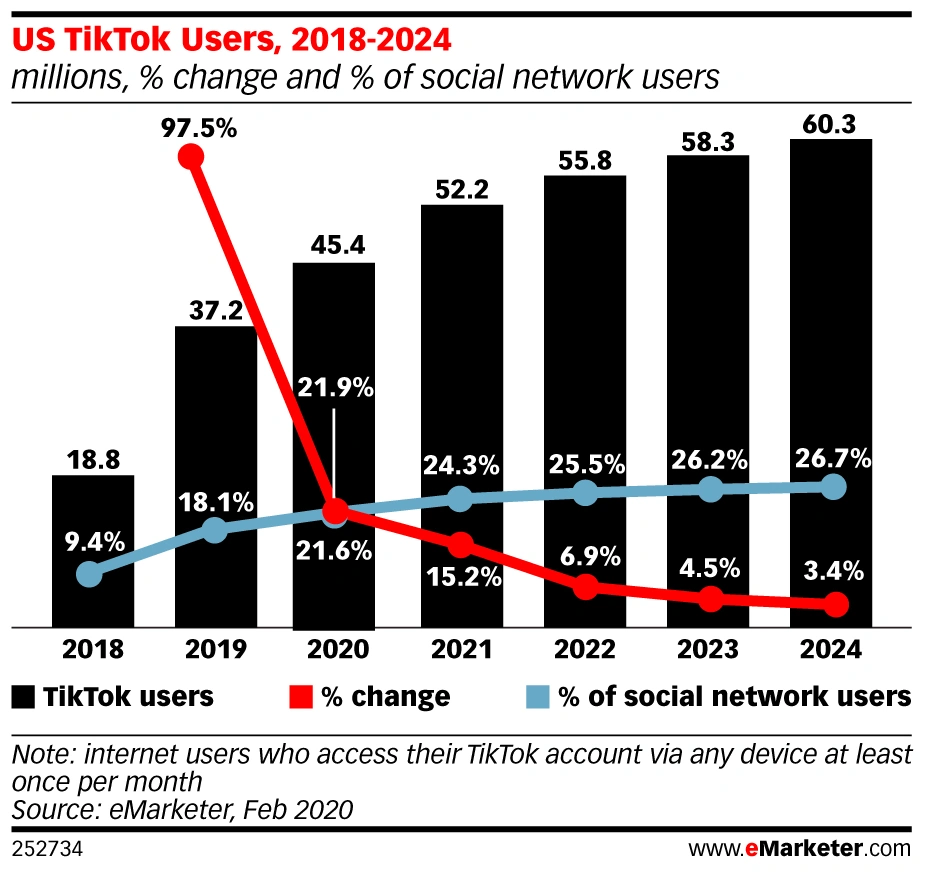Discover Australia's Finest
Explore the latest news, insights, and stories from down under.
Influencers or Actors? The New Face of Stardom
Discover if influencers are the new stars or if actors still reign supreme in the spotlight. Join the debate on modern stardom!
The Rise of Influencers: How Social Media is Redefining Stardom
The advent of social media has ushered in a new era of fame, shifting the traditional paradigm of stardom. Influencers, who amass large followings on platforms such as Instagram, TikTok, and YouTube, are redefining what it means to be a public figure. Unlike conventional celebrities, influencers often cultivate their popularity through personalized content and direct engagement with their audiences. This direct connection enables them to build a sense of authenticity, making them relatable and approachable. As a result, the landscape of stardom has transformed, giving rise to a diverse array of influencers who resonate with niche markets and communities.
Moreover, the rise of influencers has impacted marketing strategies and brand collaborations. Companies are increasingly turning to these social media personalities to promote their products and services, understanding that influencers wield significant power in shaping consumer behavior. Influencers can generate genuine interest and drive engagement in ways that traditional celebrity endorsements cannot. This shift reflects a broader trend in which social media is not only a platform for personal expression but also a powerful tool for branding and commerce, demonstrating how the definition of stardom is evolving in the digital age.

Actors vs. Influencers: Who Holds the Real Power in Entertainment?
In the ever-evolving world of entertainment, the debate between actors and influencers regarding who holds the real power has gained significant traction. Historically, actors have commanded the spotlight through their performances in film and television, often possessing significant cultural cachet and drawing large audiences. However, with the rise of social media, influencers have emerged as powerful contenders, amassing massive followings and engaging directly with their audience. Their ability to create authentic connections and promote brands has shifted the dynamics of influence in a way that traditional actors now find challenging to navigate.
Moreover, the metrics of success in entertainment have diversified, leading to increased scrutiny on the conventional power structures. While actors often rely on established studios and production houses, influencers wield power through platforms like Instagram, TikTok, and YouTube, where virality can be achieved almost overnight. This democratization of fame allows influencers to captivate audiences without the need for traditional gatekeepers, thus redefining what it means to hold power in the entertainment industry. As the lines blur between celebrity and influencer, it remains to be seen whether the future will favor the theatrical artistry of actors or the relatable authenticity of influencers.
Is Influencer Culture Diminishing Traditional Acting Careers?
The rise of social media and the influencer culture has undeniably altered the landscape of entertainment, raising the question: is it diminishing traditional acting careers? With platforms like Instagram, TikTok, and YouTube, individuals are now able to cultivate their own audiences and achieve fame without the traditional pathways of casting calls and agent representation. This shift creates a scenario where the allure of being an influencer can overshadow the rigorous training and commitment that acting historically demands. As a result, many talented actors may find themselves competing with influencers who possess large followings but lack formal acting skills.
However, it is important to recognize that influencer culture does not entirely negate the demand for traditional acting. While some audiences may gravitate toward influencers for their relatable content, films, television shows, and theatrical productions still rely heavily on the artistry and skill of trained actors. The integration of social media into the industry has also created new opportunities for actors to promote their work and connect with fans. Thus, instead of completely diminishing traditional acting careers, influencer culture may be reshaping them, pushing actors to adapt and find their niche in this evolving entertainment ecosystem.